Based upon the Gold-Medallion award-winning best-seller, The Case for Christ documents Lee Strobel's journey from atheism to faith through his two-year investigation of the Bible and the life of Jesus Christ.
Related Movies

Patarag. Armenian Lithurgy (2005)
An enthralling and thorough documentation of the traditional Armenian church liturgy.
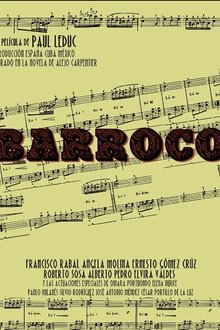
Baroque (1989)
A series of images, music and sounds which transport through Mexico's history, without any narrative sequence. The film spins constantly round the question 'Where are the singers from?'
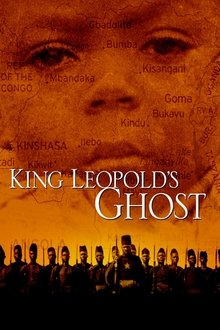
King Leopold's Ghost (2006)
The modern history of the Congo, the heart of Africa, is a terrifying tale of appalling brutality: how the greedy and incredibly ruthless King Leopold II of Belgium (1935-1909) turned a vast country into his private estate (1885-1908) and how he plundered the land and raped the bodies and souls of its defenceless inhabitants, causing countless victims; and what exactly is the true impact of this often forgotten story of crime and horror today.
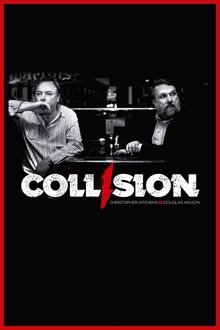
Collision (2009)
COLLISION carves a new path in documentary film-making as it pits leading atheist, political journalist and bestselling author Christopher Hitchens against fellow author, satirist and evangelical theologian Douglas Wilson, as they go on the road to exchange blows over the question: "Is Christianity Good for the World?". The two contrarians laugh, confide and argue, in public and in private, as they journey through three cities. And the film captures it all. The result is a magnetic conflict, a character-driven narrative that sparkles cinematically with a perfect match of arresting personalities and intellectual rivalry. COLLISION is directed by prolific independent filmmaker Darren Doane (Van Morrison: Astral Weeks Live at the Hollywood Bowl, The Battle For L.A., Godmoney).
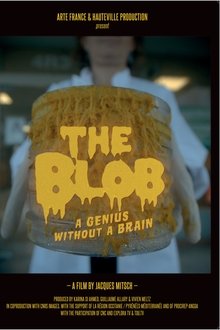
The Blob: A Genius without a Brain (2019)
This documentary outlines the unique properties and latest studies of "Physarum Polycephalum", also known as Blob.
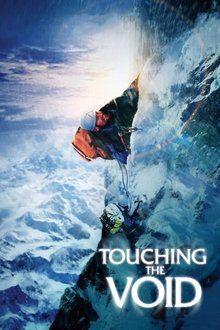
Touching the Void (2003)
The true story of Joe Simpson and Simon Yates' disastrous and nearly-fatal mountain climb of 6,344m Siula Grande in the Cordillera Huayhuash in the Peruvian Andes in 1985.

Into Great Silence (2005)
An intimate portrayal of the everyday lives of Carthusian monks of the Grande Chartreuse, high in the French Alps (Chartreuse Mountains). The idea for the film was proposed to the monks in 1984, but the Carthusians said they wanted time to think about it. The Carthusians finally contacted Gröning 16 years later to say they were now willing to permit Gröning to shoot the movie, if he was still interested.
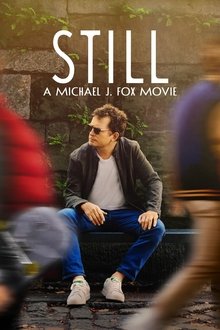
STILL: A Michael J. Fox Movie (2023)
A short kid from a Canadian army base becomes the international pop culture darling of the 1980s—only to find the course of his life altered by a stunning diagnosis. What happens when an incurable optimist confronts an incurable disease?

Teen Exorcists (2013)
They are young, all-American girls who enjoy horse riding, karate and Sherlock Holmes. But there's more to Brynne, Tess and Savannah than wholesome pursuits - they're exorcists. The girls believe much of the world's population is possessed by evil spirits which are causing addiction, depression and suffering. In a fight against the devil's army, they have been touring America performing public exorcisms on their believers. Now they are taking the fight to a city they think of as one of the most spiritually corrupt in the world - London. But what will Brits make of these evangelical American exorcists?

Theologians Under Hitler (2016)
This documentary examines three major christian theologians in nazi germany.
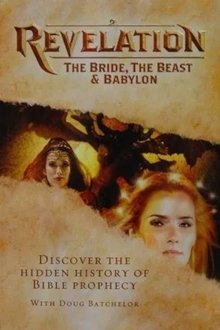
Revelation - The Bride, The Beast & Babylon (2013)
Going to the very heart of the Bible's most challenging Book, this one hour documentary decodes the visions of Revelation 12 and 17 for everyone to understand. Journeying from the birth of Christ through the Christian era, this amazing video pulls aside the veil of hidden history to reveal the rise of Babylon, the persecution of the bride of Christ, and the real-world identity of the beast. Educational and inspiring, Revelation delivers the keys to understanding the epic conflict between Christ and Satan and what it means for your life today.

Jesus Camp (2006)
Jesus Camp is a Christian summer camp where children hone their "prophetic gifts" and are schooled in how to "take back America for Christ". The film is a first-ever look into an intense training ground that recruits born-again Christian children to become an active part of America's political future.
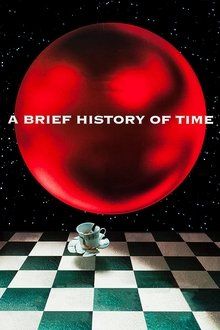
A Brief History of Time (1991)
This shows physicist Stephen Hawking's life as he deals with the ALS that renders him immobile and unable to speak without the use of a computer. Hawking's friends, family, classmates, and peers are interviewed not only about his theories but the man himself.
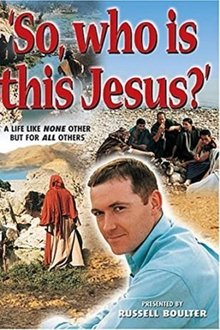
So, Who Is This Jesus? (1999)
This program has been designed specifically to help people with no previous knowledge of Jesus to have a better understanding of who He is.
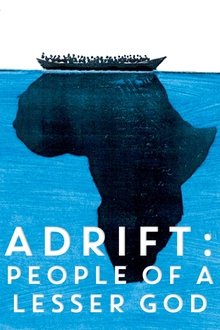
Adrift: People of a Lesser God (2010)
ADRIFT- People of a Lesser God is the story of an incredible odyssey made by several-times Pulitzer Prize-nominated undercover reporter Dominique C. Mollard. In this gripping story, Mollard sails with 38 African migrants, among them a five-month-old baby, out of West Africa on a quest to reach the golden shores of Europe. All aboard are packed together like sardines in a leaky fishing canoe as they set off under full moon on their harrowing journey. ADRIFT-People of a Lesser God captures the struggle of these desperate migrants as they brave their way across the cold Atlantic, risking their lives in search for a better future. —Ziad H. Hamzeh
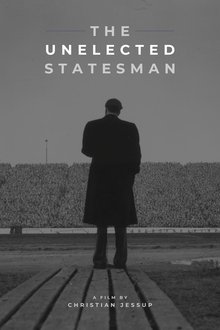
The Unelected Statesman (NaN)
Billy Graham was a man known worldwide for his southern charm, unmistakable voice and most importantly to him, his love and devotion to Jesus Christ. Lesser known, however, is his role as a statesman of the United States. Despite never holding public office, Graham comforted the nation in some of its darkest hours, spread its causes and principles to all corners of the globe, and counseled every president from Harry Truman to George W. Bush. This is the story of the unelected statesman.
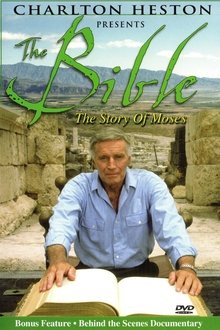
Charlton Heston Presents The Bible: The Story of Moses (1993)
"Ever since playing Moses in The Ten Commandments," Charlton Heston has said, "I've felt a deep, personal connection with the Bible, which remains as vivid and vital today as when it was told around campfires centuries before there was any written language." Heston brings his own storytelling gifts to the second in his acclaimed four-part Bible series.
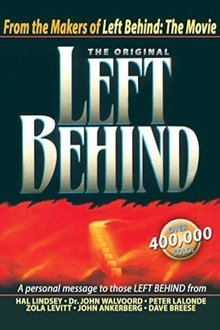
Left Behind (1994)
Leading biblical scholars and religious experts discuss the implications of the Rapture, when prophecies predict that Jesus Christ will return to Earth and his true believers will be transported to meet him.
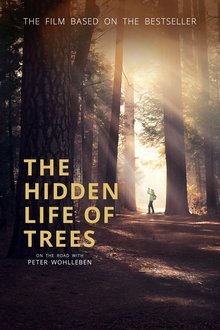
The Hidden Life of Trees (2020)
When Peter Wohlleben published his book "The Hidden Life of Trees" in 2015, he quickly entered bestseller lists. The forester wrote vividly about his experience that trees are able to communicate with each other, a thesis explored here.
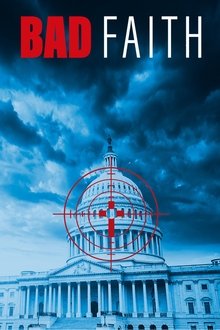
Bad Faith (2024)
On January 6, 2021, Americans witnessed an attack on the U.S. Capitol without precedent in our history. Armed militiamen and QAnon followers made headlines, but among them were a sea of crosses and Christian flags, rosaries and "Jesus Saves" signs. What motivated so many Christians to participate in this violent assault?